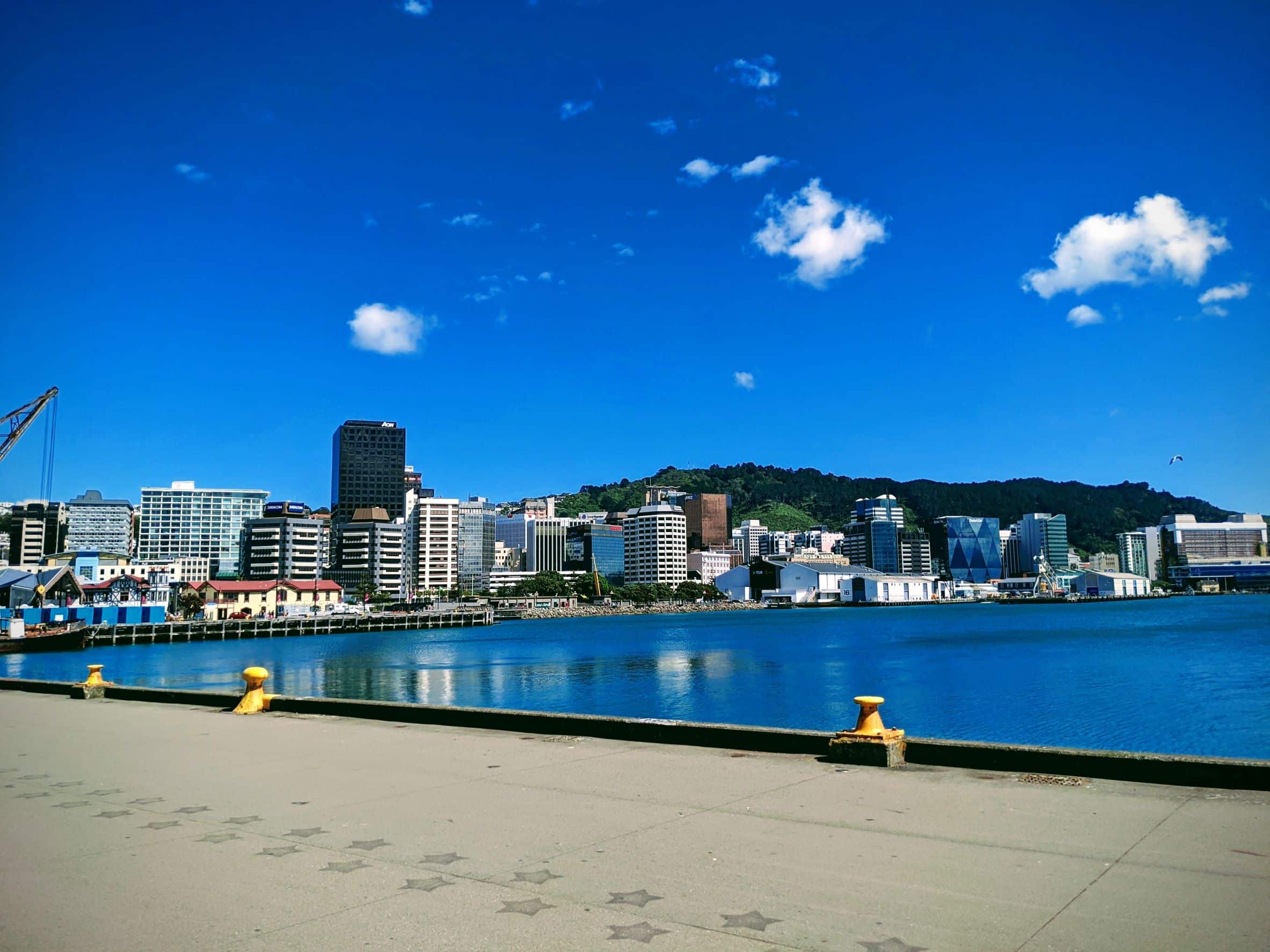Gerard Earl, Wellington Regional Chair & National Board Property Council and National Director, Occupier Services, Colliers shares his views on the biggest challenges being faced in the Wellington region.
I have recently been asked for my views or opinions in respect of the biggest challenges we are facing in our region. After taking an exceptionally long breath, this would normally be answered with a mix of the following core elements:
- The cost of doing business and the vibrancy of Wellington city
- Seismic and insurance concerns for building owners and occupiers
- Housing supply and affordability
These big rocks often form the basis of discussion and advocacy aims for Property Council’s Wellington Regional Committee. That committee is made up of 14 dedicated property professionals who have a strong passion for the success of our region.
It has been a long-held notion that Wellington has been losing the battle, in the business world’s view, as an easy place to do business. While I do continually challenge this notion when looking at the amazing liveability of the capital and the access to such amazing built assets such as Tākina and Wellington Regional Stadium, my adopted region certainly packs a punch, but at times can be looked upon as an expensive city to operate in.
Reviewing recent data in respect of city and regional council rates following the unfortunate situation of a failure to correctly invoice and collect rates since 2019, a comparison was undertaken between Auckland and Wellington CBD commercial properties under which it could be seen that the proportional rates on an Auckland property were 36% less than the sample Wellington property. It does beg the question as to what additional services the Wellington population and business community receive in respect of this considerably higher cost impost? A longstanding policy of an ever-increasing proportional burden of rates being placed on the commercial ratepayer and therefore businesses has also been at odds with the more business-centric policies seen by Auckland in their progressive lowering of the same.
When we consider that any commercial or retail business in Wellington city may be contending with increased costs of operation from higher rates, insurance, cost of goods and inflationary pressures, coupled with workforce availability driving up wages we must implore our elected officials to make decisions which are grounded in good commercial sense.
Consideration must be given to the financial burdens felt by those funding the region’s projects or desired projects, and robust economic analysis of the benefits of projects must be undertaken, alongside solid risk analysis as to what is likely to be the ultimate cost of major projects. As highlighted in recent media reports, there is a concern with the lack of transparency with respect to fiscal responsibility. We await further announcements regarding the strengthening of Te Matapihi ki te Ao Central Library, Town Hall, and Michael Fowler Centre as well as other projects designed to reinvigorate the city, particularly the area that was formally home of the civic heart.
“Together, shaping cities where communities thrive” is the core purpose statement at the heart of PCNZ and there is certainly support for the transformative changes that are desired for Wellington. This includes the creation of a low-carbon city, with increased multi-modal transport options, sustainable and resilient commercial building stock, more and affordable housing, along with a unique, global identity acknowledging the heritage of the city and required functioning infrastructure.
Of course, these are important to us all and we and future generations will hopefully reap the benefits, but we must acknowledge they do come at a significant cost, a cost which must be borne by the residents and businesses of the region now and into the future collectively. Tough decisions regarding the cost and benefit of certain projects may need to be made.
The vibrancy and viability of our cities is so often determined by the activity seen on the street during the day. This has always been an enormously strong facet to Wellington’s CBD and that activity of the office worker, hustling and bustling through the retail stores on the Golden Mile – an area once blessed with some of the highest retail spending per square metre – was precisely what led to the moniker. As we contend with the increased prevalence of working from home and remotely, this vibrancy and viability decreases and, with every vacant shop that appears, we may see the golden lustre diminish.
If this is anything of a call to action, it would be to support the economy of your city and be active in discussions on what you view as important to the region.
We cannot walk past the issues faced by Let’s Get Wellington Moving. At its heart it contains aims aligned with many of the important priorities noted earlier but it has been mired by poor delivery to date of “quick win” projects which have caused concern, in particular to the business communities of areas such as Thorndon Quay and the Golden Mile. There has been a lack of clarity with respect to the economic benefits. Changes in this critical area of infrastructure for the city are needed but need to be appropriately analysed and the legitimate concerns and specific recommendations put forward listened to and acted upon through the consultation process.
When we look at what is being created by the property industry, we do see the establishment of a low-carbon city, with sustainable and resilient commercial and residential buildings. The increase of this relies upon this vibrancy and viability, along with an environment in which development is supported and makes good economic sense – after all, what property developer creates a building for purely altruistic reasons?
There is a significant degree of embedded carbon within Wellington’s existing built environment. There has been a reduction in the utilisation of lower-grade office space amid a flight to quality. This has spurred a desire to occupy buildings regarded as being more resilient to the risk of seismic activity with fewer demands on resources. This shift provides an opportunity for regeneration and recycling of building use.
This opportunity is already being seized by some to recycle and repurpose this building stock for the creation of the much-needed additional housing, and the regeneration of the inner city. This is certainly to be commended, alongside the creation of any new structures and the commitment by occupying businesses to these buildings which lower the demands on the city’s infrastructure.
When we look to the vision for the city as an inclusive, sustainable, and creative capital for people to live, work and play, there is a considerable alignment to the aim of shaping cities where communities thrive and hopefully that is what we can build for Wellington.
Gerard Earl
National Director
Occupier Services, Colliers
Gerard is the National Director of Colliers Occupier Services and a member of the Colliers New Zealand Executive Leadership Team. He leads a team of over 50 property professionals across New Zealand, managing property portfolios on behalf of some of New Zealand’s leading commercial organisations and government agencies.
Gerard has a strong background in the commercial property industry, having held positions in Asset Management for listed property funds Stride and Kiwi Property as well as successfully leading the Colliers Real Estate Management team in Wellington since 2015.
A passionate property professional with a strong focus on the strategic management of property portfolios, negotiation and property development including a solid understanding of issues of seismic risk, resilience and strengthening.
Currently the Regional Chair of the Wellington Branch Committee for Property Council of New Zealand, Gerard is a strong advocate for the property industry and Wellington’s economic development. This involvement with PCNZ has brought a wide ranging and broad understanding of regulatory frameworks, the machinery of government and has led to involvement into a number of working groups and consultations with local and central government.


